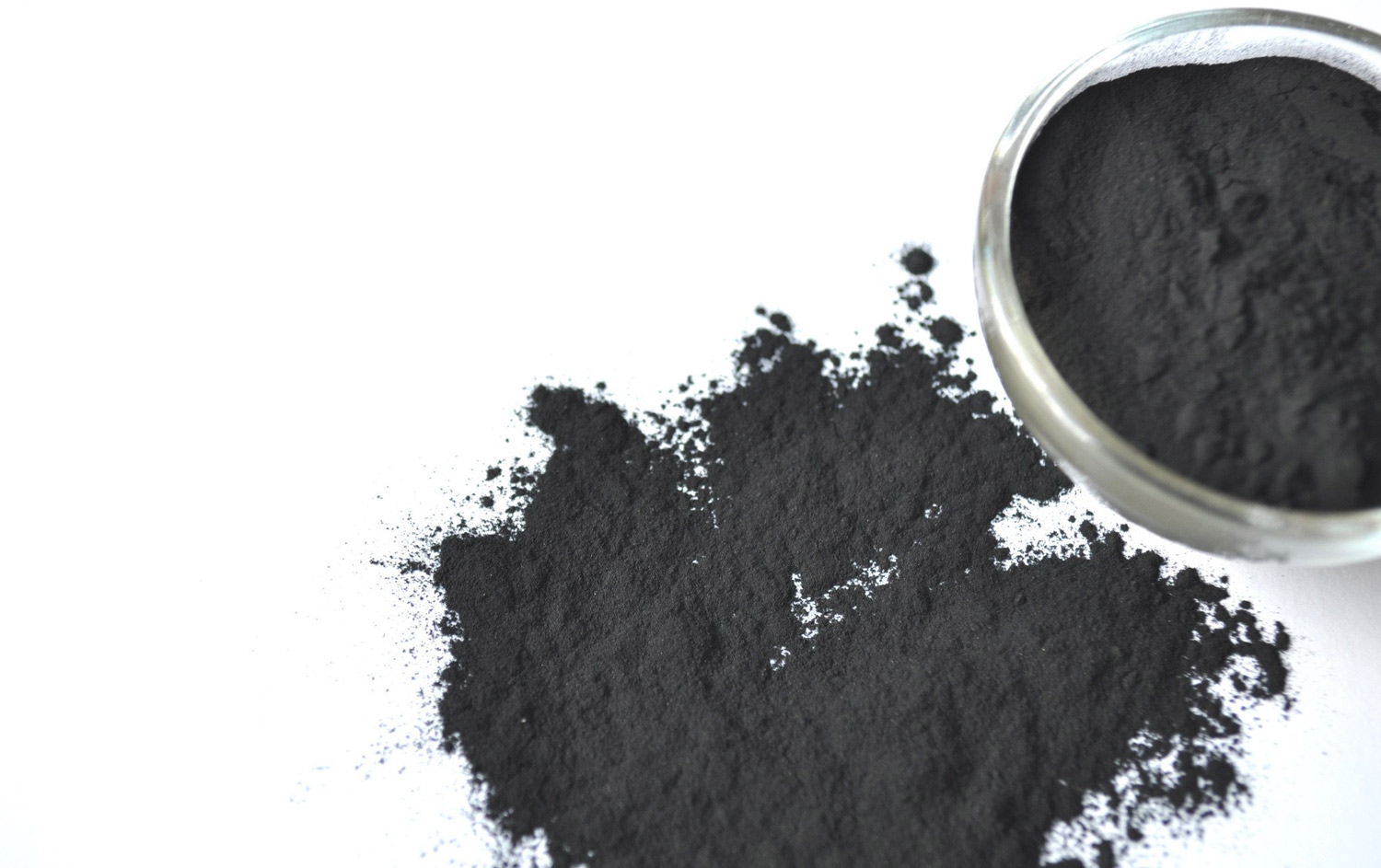Once, an intoxicated patient who drank too much alcohol celebrating a holiday came to the ER with abdominal pain, nausea and vomiting. The history is that while he was intoxicated, he was told “charcoal” would help decrease the effect of the alcohol. He therefore began to “chew on the charcoal from his outside grill.” Not a good idea. This was not the “charcoal” that is helpful.
Common charcoal is made from peat, coal, wood, coconut shell, or petroleum. “Activated charcoal” is similar to common charcoal, but is made especially for use as a medicine. To make activated charcoal, manufacturers heat common charcoal in the presence of a gas that causes the charcoal to develop lots of internal spaces or pores. These pores help activated charcoal trap chemicals.
He therefore began to “chew on the charcoal from his outside grill.” Not a good idea. This was not the “charcoal” that is helpful.
Some prescription medications are also absorbed by activated charcoal. Therefore, before mixing prescriptions and activated charcoal, speak with your health care provider to check for any adverse reaction. Activated charcoal is a manufactured product. You cannot find it naturally in foods.
Now remember, in an emergency where poisoning is suspected, do not guess or run looking for your charcoal. Call your local poison control center immediately, and get to an emergency room. You need to use activated charcoal as soon as possible, if it is recommended, and it should be administered in a health care facility.
Activated charcoal is also known to reduce intestinal gas (flatulence), lower cholesterol levels, and treat bile flow problems, called cholestasis, during pregnancy. However, research shows that more studies are needed to prove its safety and effectiveness with these problems.
